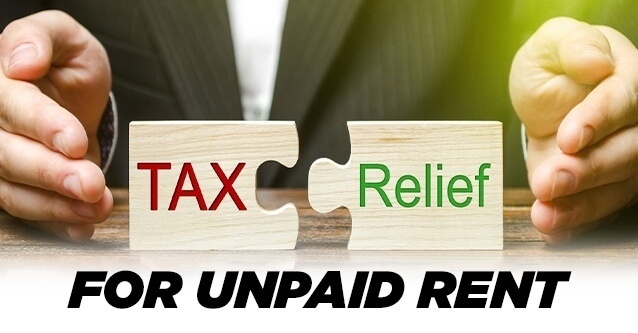As the cost-of-living crisis bites, landlords may find that tenants struggle to pay their rent. Where this is the case, the relief that is available and the way that it is given depends on how the landlord prepares his or her accounts. We explain the rules.
Cash Basis
The cash basis is the default basis of accounts preparation for most landlords with rental receipts of £150,000 a year or less. The cash basis is a simple basis of accounts preparation, which works on a money-in and money-out approach.
Under the cash basis, income is only taken into account when it is received. Likewise, expenditure is only recognised when paid. There is no need to match income and expenses to the period to which they relate, or to take account of accruals and prepayments or debtors and creditors.
One of the advantages of the cash basis is that it gives automatic relief for bad debts – if the landlord does not receive the rent, it is not taken into account when calculating the taxable profits. Likewise, if the rent is paid late, it is not taken into account for tax purposes until it is received.
Example
David lets out a number of properties. Due to the cost-of-living crisis, one of his tenants has been struggling to pay the rent.
In property A, his tenant’s rental contract came to an end on 31 March 2023. The rent was £1,000 a month. In the year to 31 March 2023, the tenant paid the rent on time from April 2022 to January 2023. £700 of the rent for February was paid on 26 April 2023. The remaining rent for February and the rent for March have not been paid.
In calculating his rental profits for 2022/23, only the rent received in that year from property A (10 months @ £1,000) is taken into account. The £700 paid in April 2023 in respect of February 2023 is not recognised in 2022/23 but is instead taken into account when paid and assessed in the 2023/24 tax year. As the balance of the rent for February and the rent for March (£1,300 in total) are unpaid, they are not taken into account for tax purposes. Relief for the bad debt is given automatically.
Accruals Basis
If the landlord is not eligible for the cash basis or elects for it not to apply, accounts must be prepared under the traditional accruals basis under which income and expenditure are recognised in the period to which they relate, even if the income is not received or the bill paid. This means unpaid rent is taken into account for the period it is due. However, the tax legislation provides relief for bad and doubtful debts. Relief is given as a deduction when it becomes clear that the debt is bad or doubtful. Where a tenant is slow to pay but eventually pays, no relief is available – the rent is still taken into account for the period to which it relates regardless of when it is actually received.
If the debt is subsequently recovered, the amount recovered is brought into account as income.
If in the above example, David had prepared accounts using the accruals method, he would have needed to take account of the full amount of the rent due for the year to 31 March 2023 when calculating his taxable profits for 2022/23 (i.e., £12,000). If the balance of the February rent and the March rent remain unpaid, he would be able to claim a deduction of £1,300 in respect of the bad debts.
Partner note: ITTOIA 2005, ss. 35, 271A – 271D; CTA 2009, s. 55.
Need professional accounting service or accounting advice? Contact us to book a 15-min Free Consultation with us today.
To find out more please follow us on Facebook, Twitter, or LinkedIn. Feel free to contact us on 0333 006 4847 or request a call back by texting 075 6464 7474

